Interreligious Dialogue
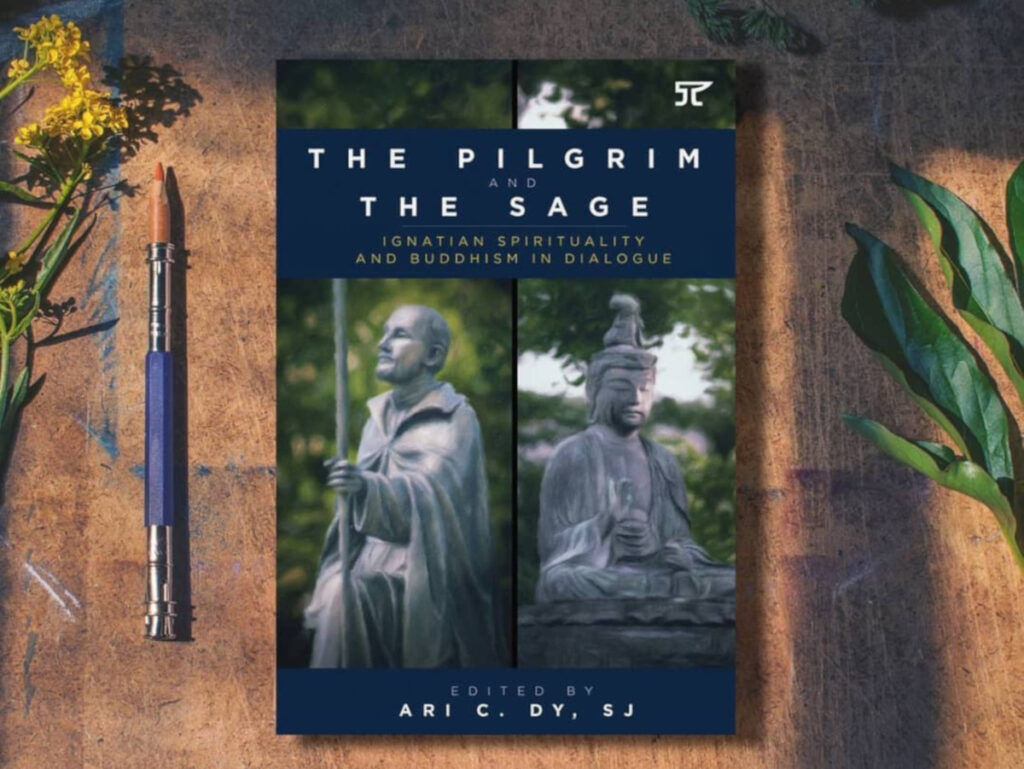
The crossroad of Ignatian Spirituality and Buddhism
The new anthology “The Pilgrim and the Sage” edited by Fr Ari C Dy SJ features essays that explore the meeting points between Ignatian spirituality...read more
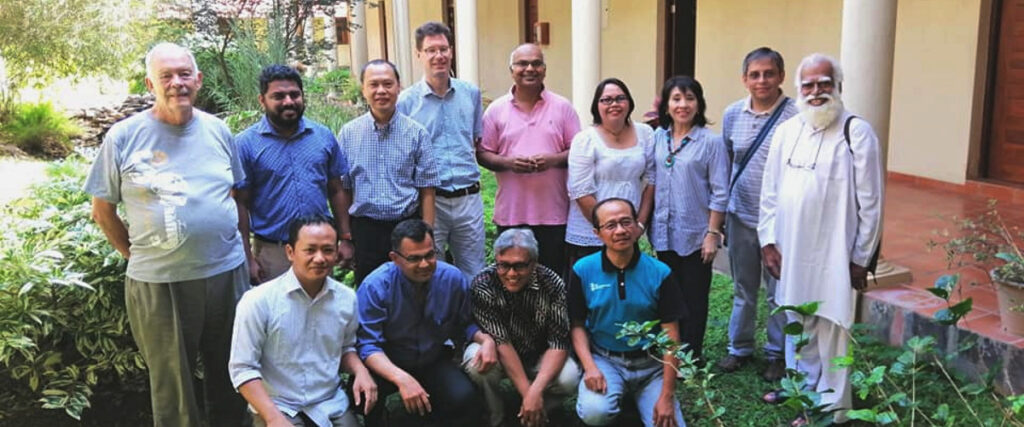
JAMIA: Discernment, collaboration and action
How do Muslims see us? The silence around the table that greeted the question was deep against the backdrop of firecrackers intermittently exploding outside. Fr...read more
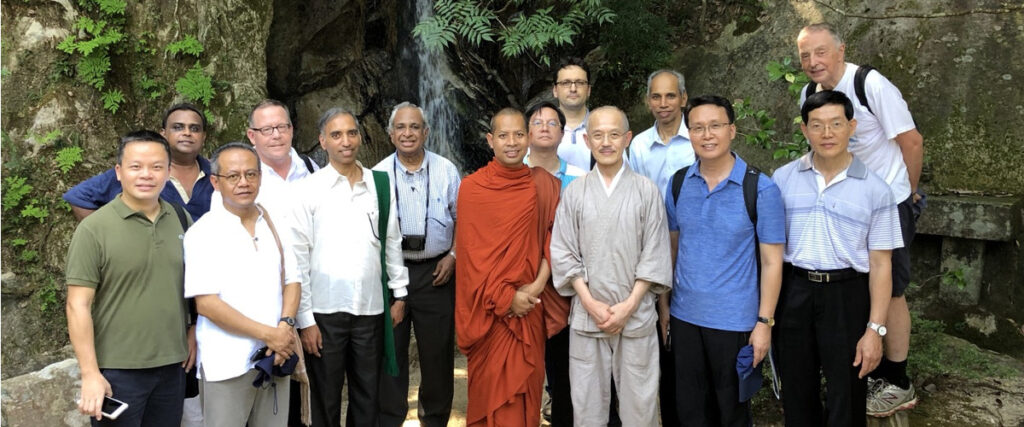
Engaging in Buddhist-Christian dialogue towards peace and reconciliation
For the Buddhist Studies and Dialogue Group of the Jesuit Conference of Asia Pacific, there was no better place to talk about peace and reconciliation,...read more
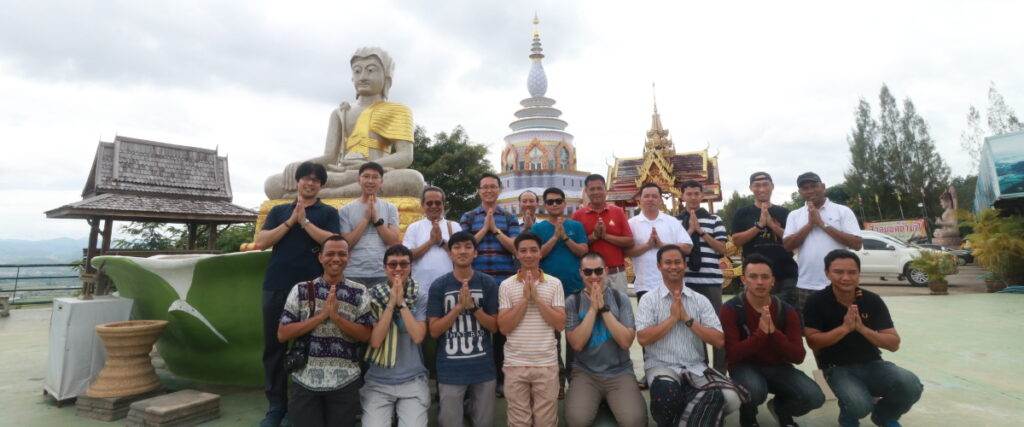
Young Jesuits deepen their understanding of what it means to be an Asian Jesuit
What does it mean to be an Asian Jesuit? This was what 15 scholastics strove to understand better during the nearly month-long East Asia Theological...read more
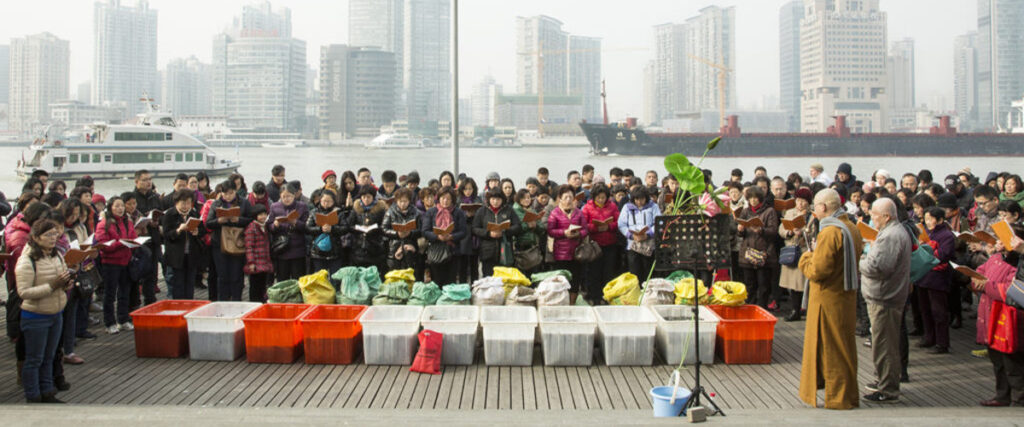
New book explores religious landscape of Shanghai
Shanghai, with its population of 24 million, is home to a multitude of religions, from Buddhism and Islam, to Christianity and Baha’ism, to Hinduism and...read more
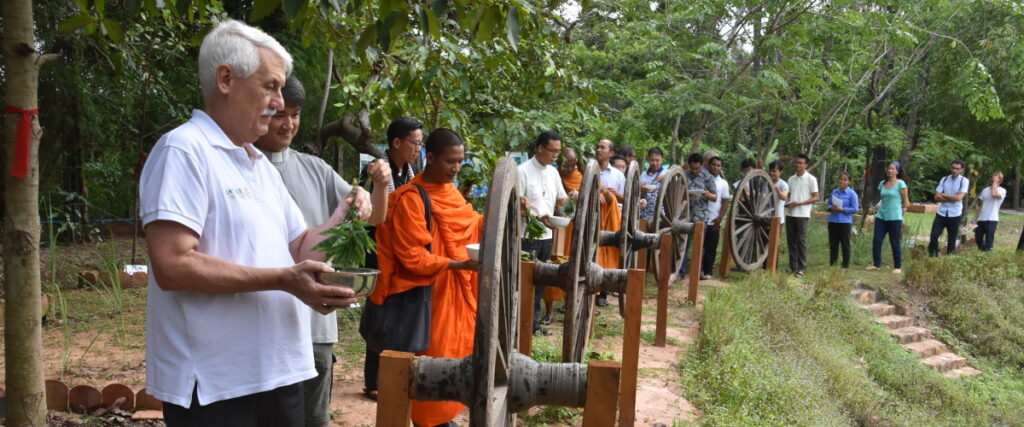
Towards a culture of encounter with other religions
Fr General Arturo Sosa SJ referred to himself as a pilgrim when he visited the Jesuit Conference of Asia Pacific last year. “St Ignatius used...read more
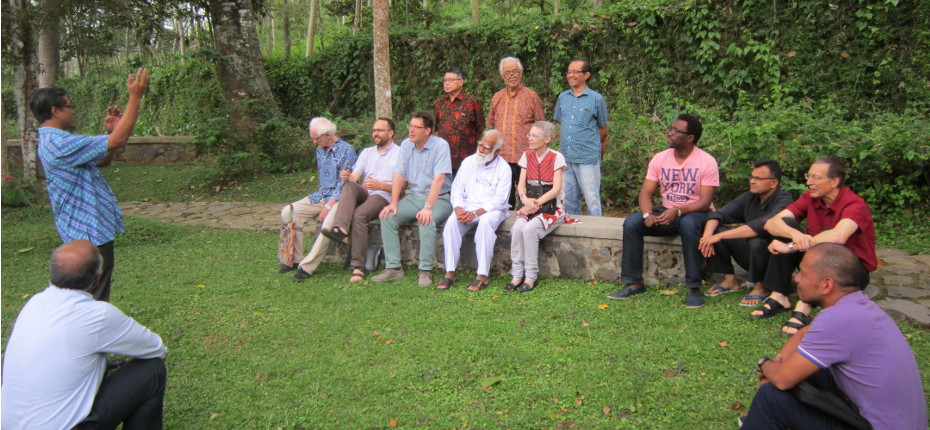
Jesuits Among Muslims discuss Islamist radicalism
Radicalism was a central theme in the meeting of the Jesuits Among Muslims (JAM) group held in Mojokerto near Surabaya, Indonesia. About 20 people including...read more
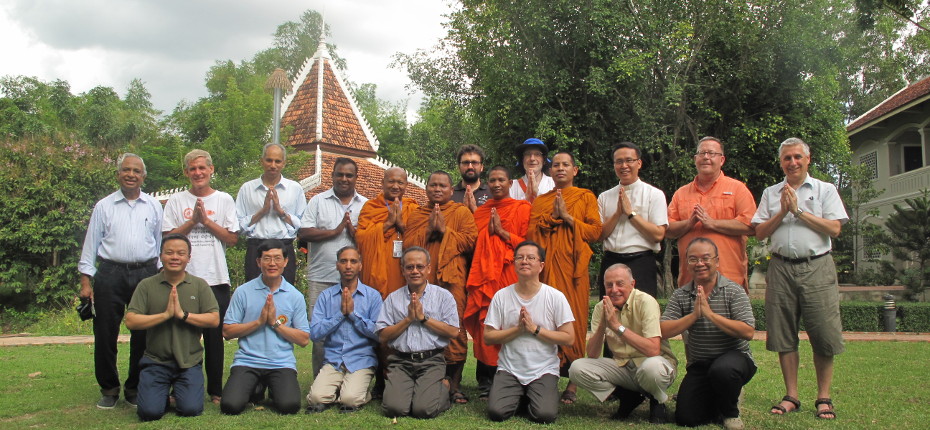
Promoting a holistic dialogue between Jesuits and Buddhists
Jesuits from different parts of the world gathered in Cambodia recently to dialogue with Buddhist monks, engaging them on three levels - academic, spiritual and...read more
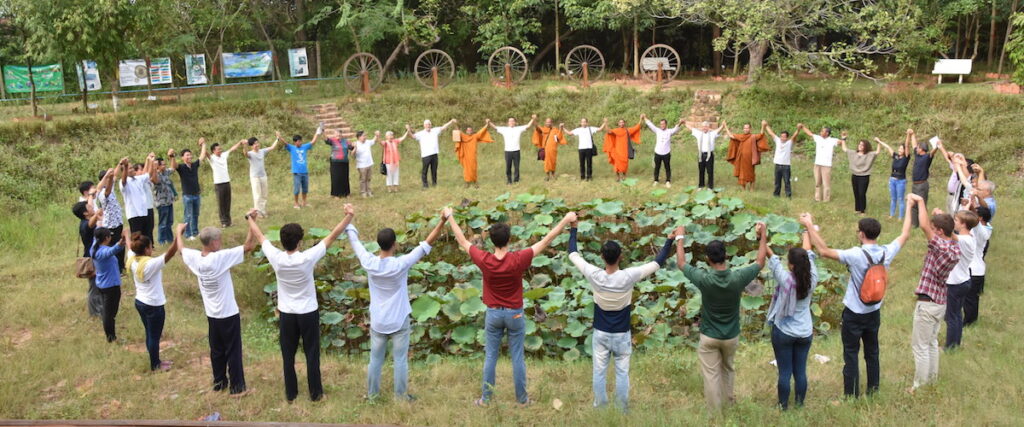
We are united in our desire to promote peace and reconciliation, says Fr Sosa after first dialogue with Buddhists
Landing in Siem Seap on the second leg of his first trip to Asia Pacific, Fr General Arturo Sosa quickly found himself in completely different...read more
